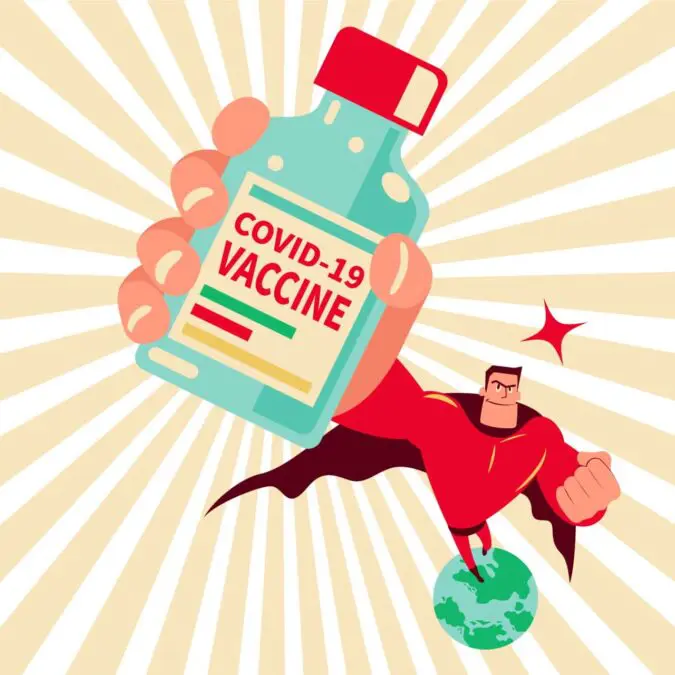The document notes that it is possible to vaccinate children only voluntarily
Russia has added the coronavirus vaccine to its national vaccination calendar. This was done by order of the Minister of Health Mikhail Murashko.
The order of the Russian Ministry of Health and its annexes are published on the official Internet portal for legal information of the Russian Federation.
Priority citizens who must be vaccinated are divided into several categories:
– Citizens aged 60 and over;
– employees in the medical, educational and social spheres;
– persons living in social institutions;
– patients with chronic diseases, including lung disease, cardiovascular disease, diabetes mellitus and obesity;
– residents of cities with a population of one million or more.
The document notes that it is possible to vaccinate children between the ages of 12 and 17 against coronavirus only voluntarily after a written application from a parent or legal guardian.
According to the Russian Ministry of Health, the share of vaccinated patients among newly infected does not exceed four percent, severe cases are few, and most patients in hospitals are unvaccinated.
Russia said on December 14 that it did not properly understand the requirements of the World Health Organization (WHO) regarding the certification of the vaccine against COVID-19 “Sputnik V”, AFP reported.
“We have not yet passed on the information we had to provide because we had different understandings of what information we should pass on and how we should pass it on,” Kremlin spokesman Dmitry Peskov told reporters.
“We have different norms,” Peskov said, assuring that Russia was gradually adapting to WHO requirements and that the Russian authorities had done nothing wrong.
The Russian vaccine against COVID-19 was announced by President Vladimir Putin last summer, and its launch began several months later. “Sputnik V” is used in dozens of countries, and its reliability is guaranteed by the prestigious medical publication “Lancet”, notes AFP.
At present, however, the Russian vaccine has not been certified by either the WHO or the EU regulatory agency, as Russia has not provided the necessary documentation to prove its effectiveness.







